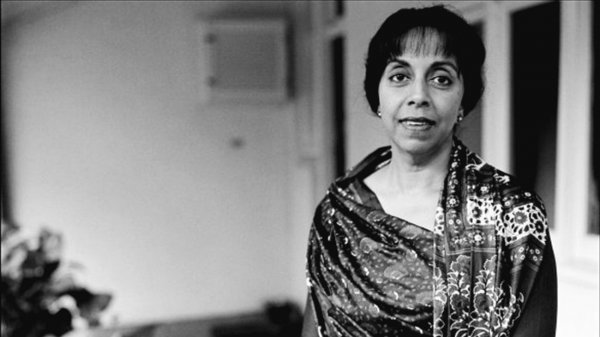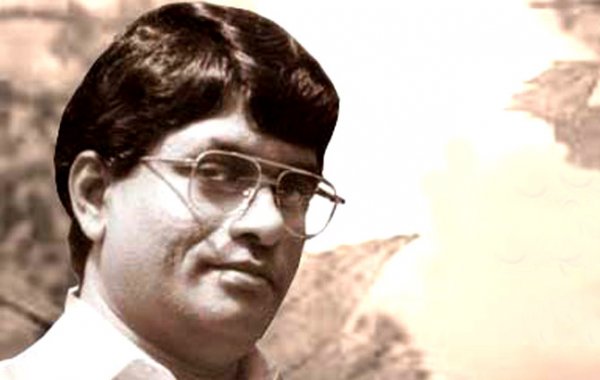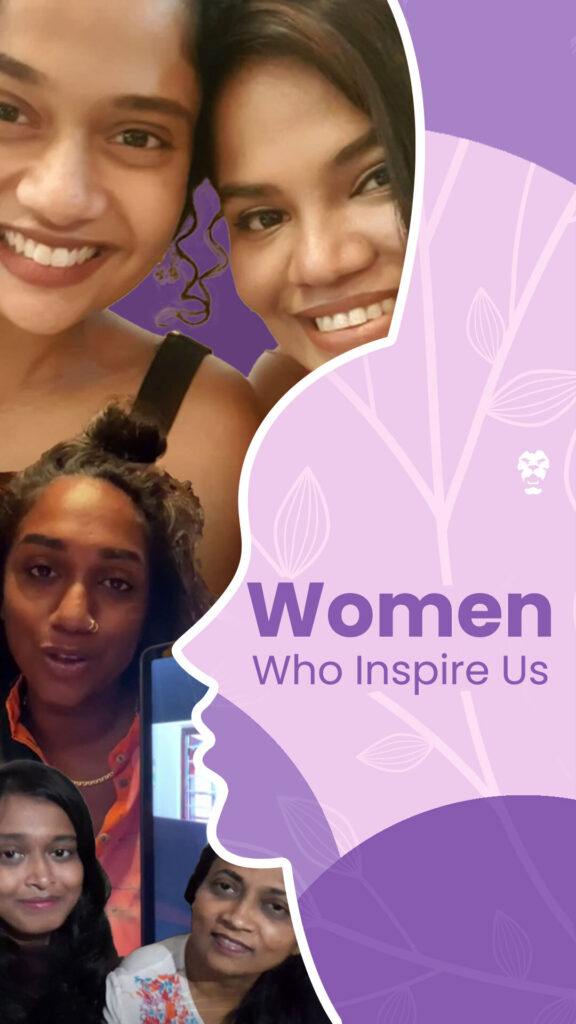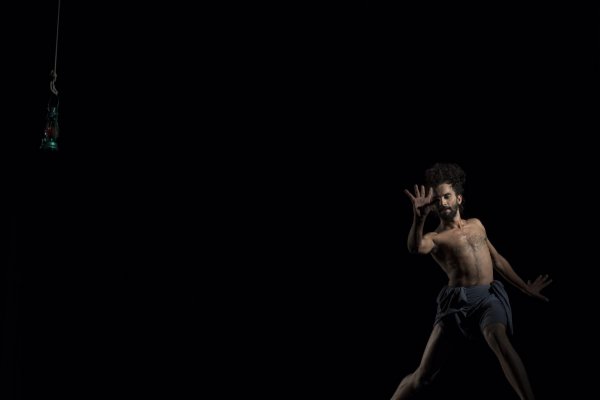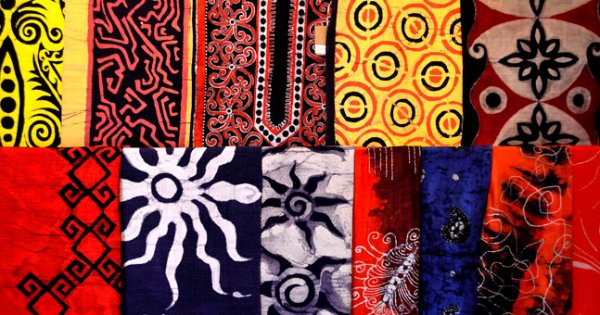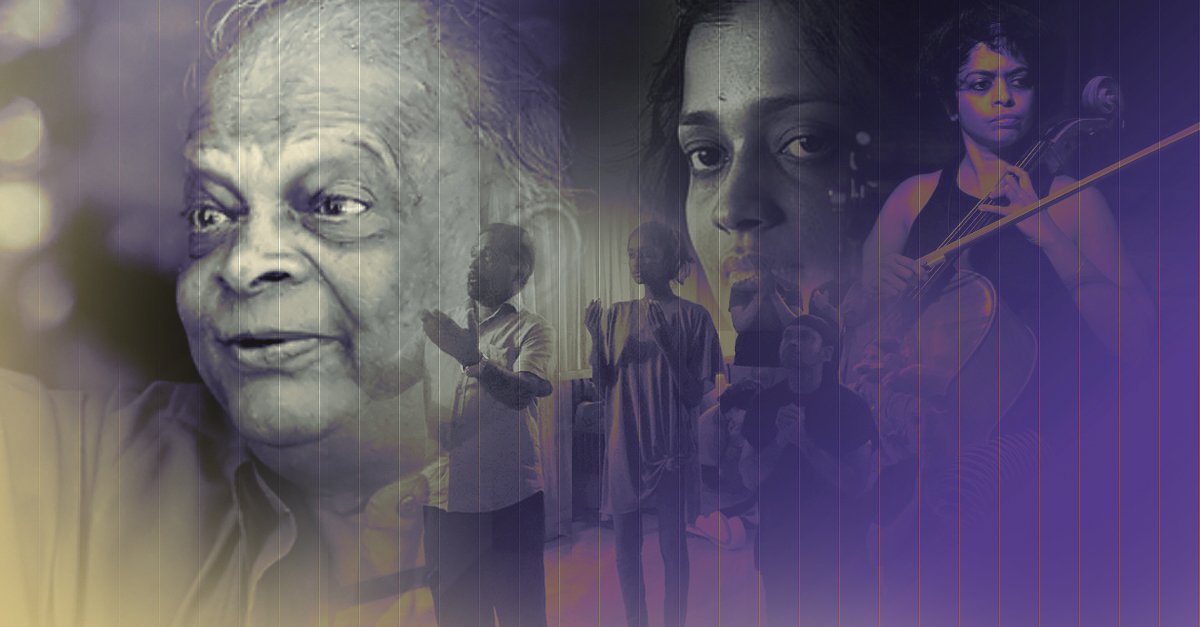
A small lane on the byroads of Rajagiriya is perhaps not where you would expect to find the legacy of one of Sri Lanka’s musical titans. But this is where many minds were guided and moulded through music and performance arts to greatness: The Khemadasa Foundation.
The Master
The Khemadasa Foundation is named for its founder: Master Premasiri Khemadasa who passed away in October 2008. He was a pioneer in creating a true Sri Lankan sound, by combining musical styles from across Sri Lanka, as well as from around the world. This included diverse influences such as Sinhala folk music, Hindustani music and even Western music. He was also noted for introducing Western performance styles, such as opera, to a Sri Lankan context.
“Father’s music has a musical signature. When you hear (his) music, [people] would agree that it is recognizable,” said Anupa Khemadasa, the older daughter of Master Khemadasa and an accomplished musician in her own right.
It is true, the Khemadasa “sound” is unique. Unlike other composers across the history of modern Sri Lankan music, who either used music from India, or adapted North Indian classical music for Sri Lankan ears, Khemadasa took a different approach. His music had more Western classical influences. A mix of Indian ragas and Western classical music is evident in his earlier work from the sixties. By the seventies, he was experimenting greatly with Western music, unlike any of his peers. Efforts that drew scepticism and criticism from certain musical elite circles, but much love from the public.
“He was very grateful to the people,” Anupa continued. “They drove him, because he always had to battle against what was established. But people understood his work and supported it. They sang his tunes right after his funeral ended…Most of his work was very experimental because he was sure the people were with him. His work was not at all projected to the elite.”
Khemadasa’s music was unique in that he did not depend on lyrics and vocals to bring out the emotions. He concentrated on instrumentation. This is particularly evident in the music he composed as film scores, the best example being for the film ‘Golu Hadawatha’ (Silent Heart), helmed by famed director Lester James Peiris. It was a film completely devoid of songs, a rare feat in Sinhala cinema, but its music—especially the theme—is still spoken of with great affection.
In an interview with the Lanka newspaper, musician Kasun Kalhara shares an anecdote in which Khemadasa disputed with director Lester James Peiris on suitable music for the film ‘Desa Nisa’*. In that film, the protagonist is a good but disfigured character and Pieris wanted a fearful leitmotif, but Khemadasa instead used “beautiful” music, because he felt that was more appropriate. Khemadasa didn’t follow tropes and the well-travelled path. He understood what worked, and how his music could be used to achieve the desired effect and to convey the right emotions. As Kalhara explained, “Cinema is to read, true. But people do not know the language with which to read cinema. [Through his music] Master Khemadasa created a font with which people can read this cinema that they previously could not.”
His other beloved film scores include Nidhanaya, Hansa Vilak and Thuweni Yamaya. He also composed teledrama scores for popular shows like Weda Hamine, Dandubasnamanaya, and Akala Sandhya.
Khemadasa wasn’t simply a film score composer. He attempted to bring new forms of music to Sri Lankan audiences — particularly Western forms of performance, such as symphonies, operas and cantatas. His ambitions extended to producing the symphonies Muhuda, Mage Kale Mavni and Sinhala Avurudda and the operas Manasawila, Doramandalawa and Sondura Varnadasi, which are the only operas to have been written in Sinhalese. He also wrote the cantata Pirinivan Mangalyaya, which tells the story of the death of the Buddha.
Anupa believes that what was unique about Master Khemadasa’s music was that he created a contemporary sound that encompassed what Sri Lanka was, in a very complex sense. “He didn’t devote himself to studying a particular type of music, like Western or Indian. He was extremely flexible with creating a unique voice that, I think, was a Sri Lankan voice.” she said.
The Foundation
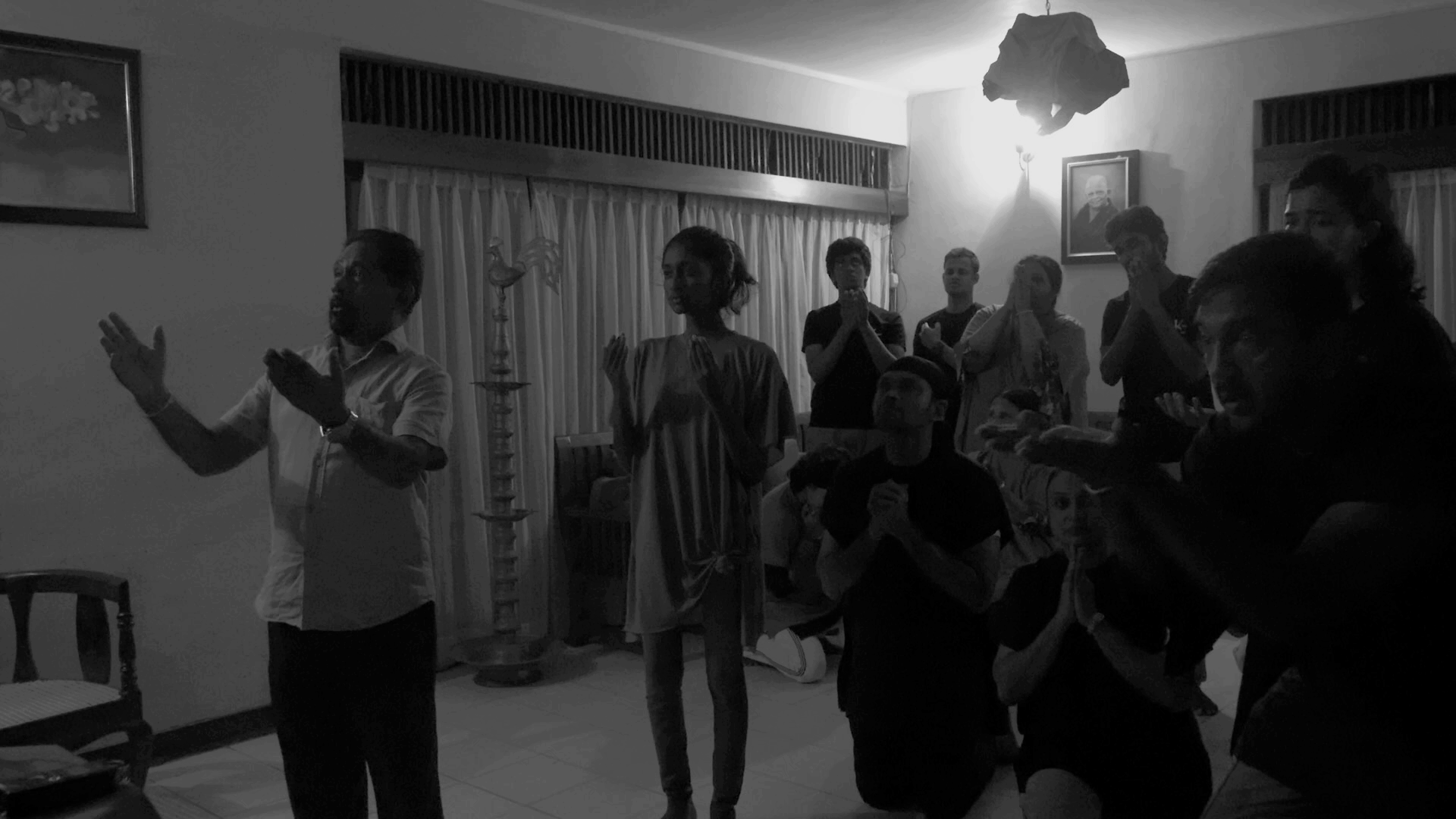
The Foundation was established by Khemadasa in 1993. “It was a kind of s mid-career move,” said Anupa. “He had a lot of philanthropic ideas, and this was one of them.” According to Anupa, Khemadasa was convinced that he needed to create a base for future generations. He envisioned a place where young artists could learn and hone their craft and skill. He was especially interested in creating a resource for the underprivileged. Each year, he would enrol 30 students who couldn’t afford an education in music and performance arts from across the country.
“He was very particular about picking students from very rural areas who didn’t have much access to the mainstream culture,” Anupa said. “[He wanted] a person from a very remote village who had little access to mainstream media [to experience this musical knowledge].” The results were remarkable.
“The Foundation doesn’t concentrate just on music. We want to mould people to have a complete artistic sense,” said Gayathri Khemadasa, Master Khemadasa’s younger daughter, who is also a director of the Foundation and an acclaimed musician. “While we conduct music classes such as voice training, we also facilitate discussions about various genres in music, like Western, Jazz, contemporary and classical as well as different performances like opera and cantata.”
Gayathri Khemadasa on the piano
“We expose students to be open minded when listening to sound, and nurture their own unique talents through analysing these,” she continued. She explained that the foundation does not focus on one genre of music but explores music from all around the world.
The sisters concur that the Foundation focuses more on giving a students a well-balanced, complete education of the arts, than simply spoon-feeding them music theory. The weekend classes at the foundation begin with voice training and breathing exercises, then move on to singing, and culminate with discussions of various genres of music. Gayathri said the students also discuss art projects and films. “Not just to criticise, but to analyse and to think of the sound that they hear and the concept of that sound,” she explained.
As a matter of pride, the Foundation doesn’t focus on examinations. Instead, it takes students through a range of performative experiences, including street performances and at art galleries. The students have performed excerpts from the ‘Manasa Vila’ opera and the ‘Pirinivan Mangalyaya’ cantata by Master Khemadasa and the ‘Phoolan Devi Opera’, written by Gayathri. They have also performed live music for a movie—while the movie was running. They have also participated in other unique events such as a project with the French art organisation ‘Inside Out’, called “Unheard”, which involved a collection of pictures celebrating the common man.
The Future
Excerpt from “Phoolan Devi, An Opera”. “Victory Over Mayadin” featuring Gayathri Khemadasa on piano and Anupa Khemadasa on cello.
Both Anupa and Gayathri are acclaimed musicians educated in Prague and more than qualified to guide a new generation of musicians. The sisters have performed frequently in Sri Lanka, and in Europe, Canada and the United States. Anupa is an accomplished cellist (and is also educated in cybernetics!). *She was the resident cellist with Toronto’s avant-garde theatre company Mammalian Diving Reflex and has composed and collaborated with many local and international artistes. Gayathri, a composer and pianist, received the Fulbright Professional Scholar award to write the opera Phoolan Devi, which premiered at Wesleyan University in the United States. She was invited to do Master Classes at Dartmouth College and California State University in the United States as well.
The world premiere of the Phoolan Devi opera composed by Gayathri Khemadasa on May 12, 2012 at South Church, Middletown, Connecticut
Gayathri spoke about her composition Phoolan Devi, which was about India’s infamous ‘Bandit Queen’, who later became a Member of Parliament. “One of the reasons that I chose that was because Phoolan Devi came from the poorest of the poor and had to deal with all sorts of unimaginable atrocities. But she fought in her own way and gave a voice to other women and to other people. So, as a way of celebrating that, we decided to write an opera on Phoolan Devi,” she said. The opera was well received, and has been performed in the States, Canada and other places, as well as once in Sri Lanka, at the Jaffna Music Festival.
Just as Master Khemadasa did before them, Gayathri and Anupa have introduced new forms * through the Foundation. One of these is a ‘gallery performance’, Gayathri explained. “Our first gallery performance was called ‘When Caged Birds Sing’. The word for this in Sinhalese, “kalaagaaritha ranganaya”, was coined after that performance.” The performance was described as “an evening of interactive art, opera, poetry and a post-performance chat, promoting Sri Lankan women artistes,” aimed at fostering an interactive atmosphere within which performers could interact with the audience and have them involved in the performance as well.
Looking to the future, the Foundation plans to perform an opera at the end of 2019 where they will also reproduce many of Master Khemadasa’s works. The sisters believe that reproducing Khemadasa’s work is one way in which they can keep the Master’s contribution to Sri Lankan music alive.
Despite all their plans, funding remains a major stumbling block for the Foundation, and is an issue that affects not only individual performances but performer retention as well. Since it’s rare to make a living wage through the arts, students trained by the Foundation often leave after a few years, when the responsibilities of ordinary life catch up with them.
“That’s actually a pity, because professionalism in the arts is not sponsored here,” Anupa said. “It’s a pity we don’t have a support system… This is an issue that even father faced. He went through many hours training people, but after three or four years, he lost them. And then a new group would come along, and it would happen all over again.”
Gayathri explained that funding isn’t the only thing holding them back: cultural perceptions and stereotypes can also be problematic. “Even though this shouldn’t be an issue, I find that being a woman composer is an issue here,” she said.
Three years ago, the sisters won big at the TV Derana film awards, bagging the award for the Best Original Score for their work composing the music for Nilendra Deshapriya’s film, ‘Thanha Rathi Ranga’, which won Best Film at that award ceremony.
“I composed the music and Anupa directed the music. We won all the awards for that and became the first women composer[s] to win an award for a film, but there was nothing mentioned about it,” said Gayathri.
As she recalled, “A little girl came to me after the Jaffna Music Festival and said that she never knew that women composed. So, if you can (in this manner) inspire even one person, I think that’s a meaningful life to live.”


